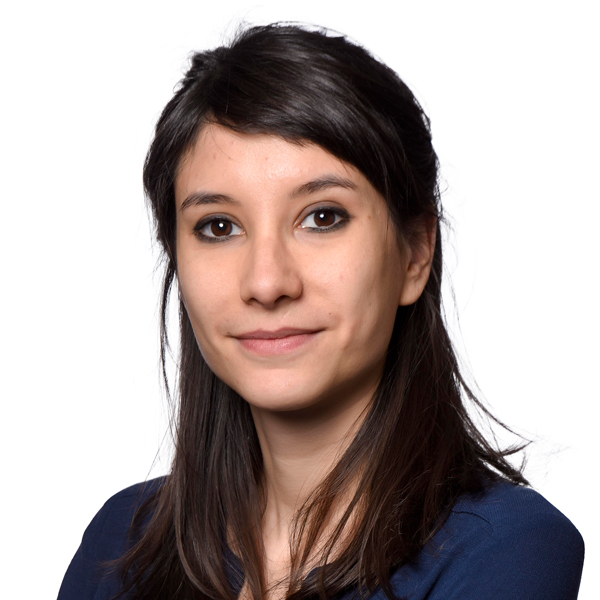Altmetrics and metadata, two areas of specialist support
Subject: Multidisciplinary
How can we use altmetrics to help assess research? The Library studies how to measure the impact and visibility of UOC research using social media indicators.
Members of the Library team support researchers in all stages of their research. These professionals have to stay up-to-date (altmetrics and data management) in order to introduce new methods and technologies that meet the changing needs of research staff.
Neus Milán and Sebastiano Giorgi-Scalari have attended two international meetings to discover the latest trends in research data management and assessment.
Measuring the impact of social media research
In September, Neus Milán attended the Alternative Indicators Summer School training event at the University of Wolverhampton (United Kingdom), which was organized by the prestigious Statistical Cybermetrics Research Group, a benchmark in developing open software and statistical methods in social sciences.
“This visit will help advance the implementation of the UOC's system of research indicators from social media”, said Milán. As a result of the training, it has been possible to resolve some of the issues surrounding the assessment of the social impact, particularly with matters such as collecting and monitoring evidence.
This visit will help advance the implementation of the UOC's system of research indicators from social media
Specifically, Milán has explored methodological aspects to perform normalized data analysis and has carried out tests with the free software Webometric Analyst, developed by the group that organized the training. This software allows you to collect, analyse and monitor data and alternative indicators.
Altmetrics, or alternative metrics, are based on social media (likes, tweets on Twitter, Mendeley downloads, posts on blogs or Wikipedia pages). These are indicators characterized by their immediacy, which broaden the impact of research activities beyond academia and traditional citations.
“Researchers need to provide and monitor evidence that demonstrates social impact, in accordance with the new European research funding priorities (Horizon 2020), which are based on social challenges”, Milán pointed out.
Neus Milán’s visit forms part of the UOC Open Knowledge Action Plan, whose lines of work include rethinking the UOC’s research assessment and promotion models.
Open research data management
Sebastiano Giorgi-Scalari attended the annual Dublin Core Metadata Initiative (DCMI) in Portugal, which this year has been organized by the University of Porto (FEUP). During the 4-day event, professionals from 43 different countries came together to discuss the current situation regarding metadata in academic universities and libraries.
Giorgi-Scalari emphasized the practical tutorial on linked data generation from online libraries. The workshop included an introduction to RML language, and participants used RMLEditor3, software that enables you to annotate and publish linked data on your own. The Semantic Web's main aim is to make data more accessible and interoperable.
Developing a data management plan may seem bureaucratic, but should be seen as a socially responsible action
At DCMI there was also an introduction to a system for exporting data from mobile devices, enriching it and including it easily in affiliated depositories of the European open science network. By using the app LabTablet and the platform Dendro, a researcher can take a photograph on their phone and automatically collect the metadata (location, resolution, date) to be shared later.
Giorgi-Scalari highlighted one of DCMI's ideas: “developing a data management plan may seem bureaucratic, but should be seen as a socially responsible action as it encourages transparency and saves time and resources for the international scientific community”.
With these visits, the Library team is working to provide specialized support services that meet researchers' new needs in the context of open science.


